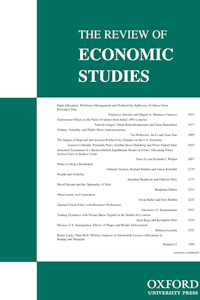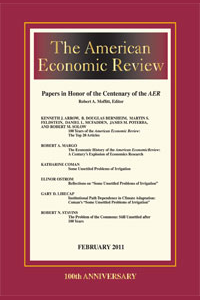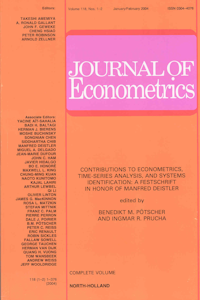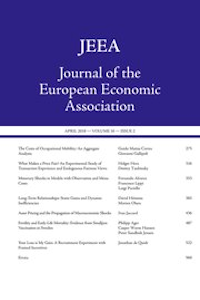
Mueller, H. and Rauh, C.
Building Bridges to Peace: A Quantitative Evaluation of Power-Sharing Agreements
Economic Policy, accepted
(2024)
Abstract: Power-sharing agreements are used as a tool to reduce political violence in regions of conflict, but agreements are often followed by violence. This is due to the fact that such agreements are introduced during periods of political violence when a country is inside the conflict trap, which makes it difficult to distinguish the effect of the agreement from the political context that generates persistent political violence. In this study we match on pre-agreement conflict risk to estimate the effects of power-sharing agreements on violence using a difference-indifference method. The results show that violence falls immediately after an agreement, with the effects strengthening over time. Comprehensive agreements tend to be particularly successful. We show that broader institutional changes that have their nucleus in the agreements are crucial elements explaining these large changes.
Author links: Christopher Rauh
Publisher's Link: https://doi.org/10.1093/epolic/eiae010 ![]()
Cambridge Working Paper in Economics Version of Paper: Building Bridges to Peace: A Quantitative Evaluation of Power-Sharing Agreements, Mueller, H., Rauh, C. , (2022)




